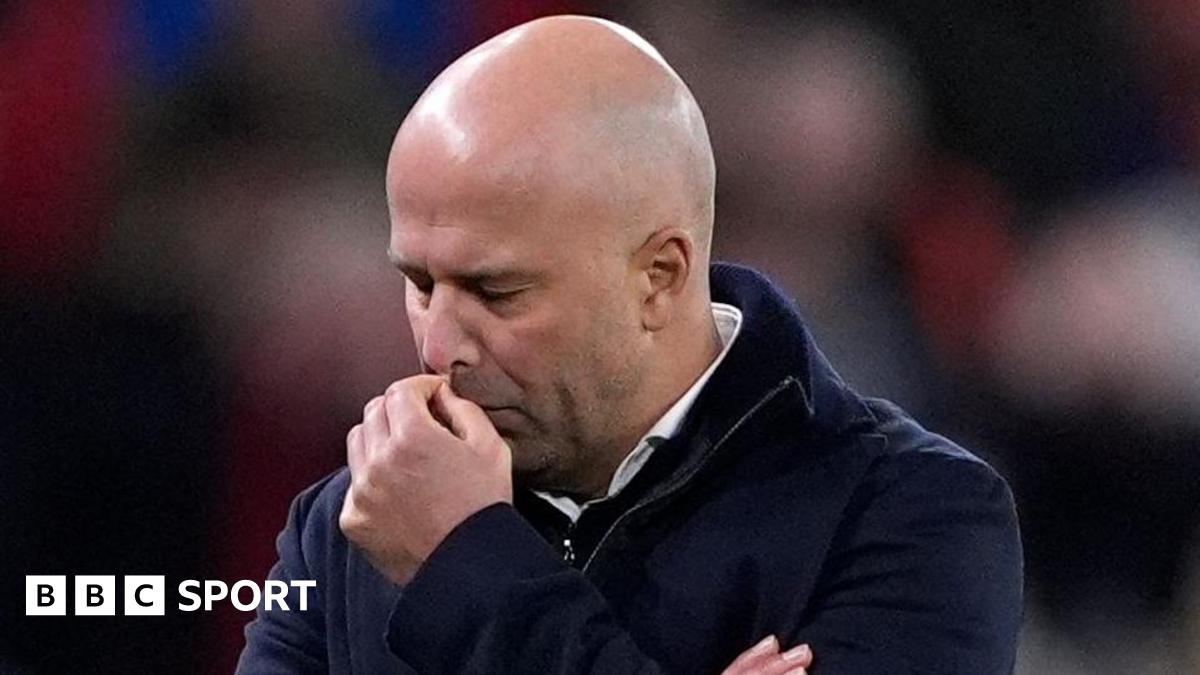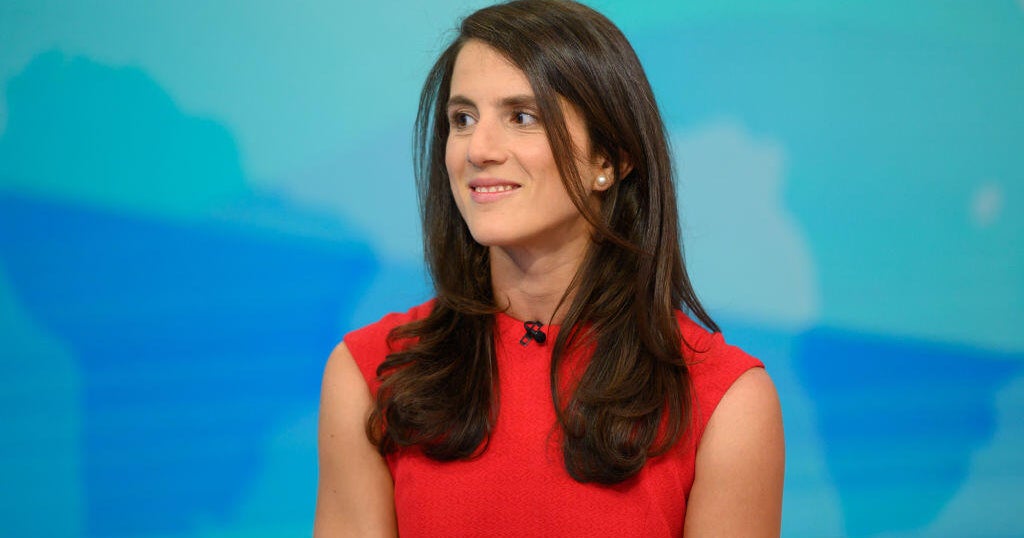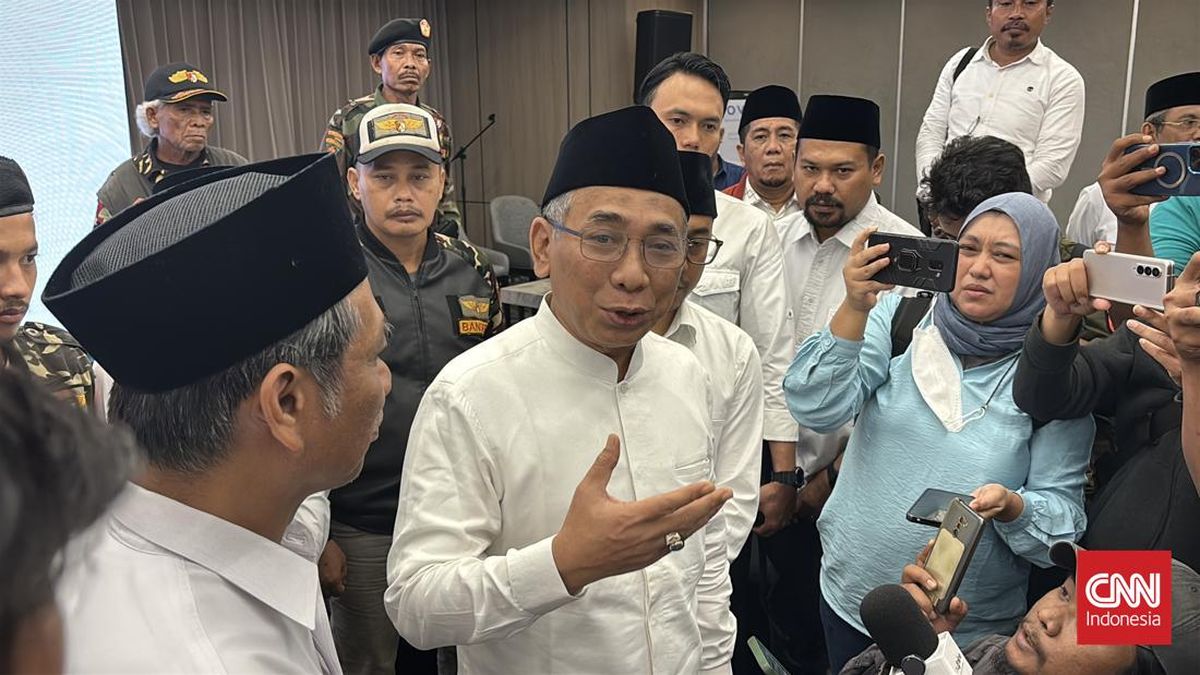By Biz Carson and Tom Maloney
July 31, 2025 — 6.28am
Figma’s Dylan Field has already cemented a billion-dollar fortune with this week’s planned initial public offering. But he could be looking at another 10-figure payday, thanks to a tranched compensation package similar to Elon Musk’s.
Field, 33, the design software company’s co-founder, will own about 11 per cent of San Francisco-based Figma. That’s worth $US1.6 billion ($2.5 billion) at $US30 a share, the low end of the price range signalled in a Monday filing, according to the Bloomberg Billionaires Index. He also controls all the votes for co-founder Evan Wallace’s 27 million shares, worth about $US800 million at that price.

Figma co-founder Dylan Field is eyeing a monster payday. Credit: Bloomberg
A spokesperson for Figma declined to comment. The IPO, which has drawn orders for almost 40 times the available shares, is expected to start trading on Thursday in New York.
The pair started Figma in 2012 after Field dropped out of Brown University and accepted a Thiel Fellowship, which pays students to leave college and begin a business. Their vision was to bring collaborative design tools to the internet. The company’s growth exploded among both designers and developers, with customers including Microsoft, Netflix and Zoom Communications, according to the firm’s website.
In 2022, Adobe tried to buy the startup for $US20 billion, which would have given Field a $US2 billion fortune. The deal was cancelled a year later along with any personal gains for Field.
Loading
But Field’s net worth is set to grow thanks to millions of restricted stock units vesting in conjunction with the IPO, as well as a 2025 pay deal that moves the goal posts — and the potential rewards — higher.
Moon-shot money
Approved last month, the new package sets aside 14.5 million shares for a performance-based plan that would award seven tranches of stock. The first tranche — 2.2 million shares that would be worth $US130 million — would kick in once Figma’s 60-day average stock price tops $US60. If the shares hit the highest hurdle of $US130, the total package would be worth about $US1.9 billion, according to Bloomberg calculations. The rewards won’t be immediate as any vested shares will be released over a seven-year period, according to a regulatory filing.
That’s only half the upside, though. Another 14.5 million shares were also set aside for a typical set of tech-startup golden handcuffs. In the five-year pay package, Field gets a backloaded percentage of shares, beginning with 10 per cent the first year and ramping up from there.
Tranched pay packages tied to so-called moon-shot goals have become popular for incentivising executives with high-risk, high-reward deals. Since it was adopted in 2018, Musk’s Tesla pay package, which is being contested in a Delaware court as “excessive,” has spawned copycats including DoorDash CEO Tony Xu and Broadcom’s Hock Tan.

Field and co-founder Evan Wallace started Figma in 2012 after Field dropped out of Brown University and accepted a Thiel Fellowship, which pays students to leave college and begin a business.Credit: Figma
Taser-maker Axon Enterprise gave co-founder Rick Smith a 12-tranche plan to meet revenue and market cap targets. He finished it in five years, tracking his progress in an arm tattoo, and gained a $US2.5 billion fortune, according to Bloomberg’s wealth index.
For some tech leaders, the moon-shot targets have yet to pan out. Airbnb’s Brian Chesky received a 10-tranche package that combined a minimum vesting requirement and stock price hurdles ranging from $US125 to $US485. While Chesky hit the first two stock price hurdles in 2021 and 2022, the company’s stock has since declined and he hasn’t earned any more tranches. Airbnb valued the remaining unvested shares at $US1.2 billion in its April proxy filing.
Price hurdles
Field will have 10 years to help Figma achieve the stock price goals, but collecting on a separate, four-year-old compensation package will come much sooner.
Loading
In 2021, the board of directors granted Field a pay deal that split 22.5 million shares into service-based and market-based awards.
Field is expected to complete and vest all 7.9 million remaining shares of the service-based package — worth more than $US230 million before taxes — at the time of the IPO, according to the company’s filing. Depending on the performance of the company’s shares after the IPO, Field could also unlock the market-based award’s 11.25 million shares, tied to market valuation hurdles of $US15 billion, $US20 billion and $US25 billion. Figma’s listing values it at roughly $US18 billion on a fully diluted basis.
The design firm’s post-IPO valuation could be from $US19.1 billion to $US23.2 billion, based on its growth prospects, according to Bloomberg Intelligence analyst Anurag Rana. The company recently increased prices, which coupled with a post-IPO sales boost, could see Figma’s revenues increase to $US1.6 billion in 2026, he said.
That could put Field’s net worth back at the $US2 billion it was calculated to be when Adobe tried to buy Figma in 2022. At the time, Field said he wasn’t interested in reflecting on his own financial gains in the transaction.
“My focus has not been about money for a long time,” he told Bloomberg.
Bloomberg
The Business Briefing newsletter delivers major stories, exclusive coverage and expert opinion. Sign up to get it every weekday morning.
Most Viewed in Business
Loading


















































